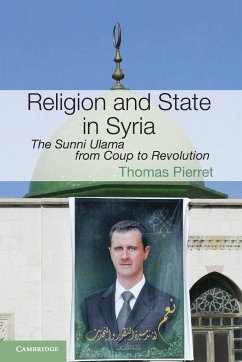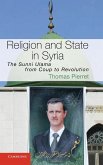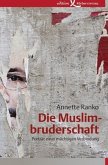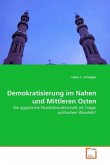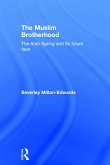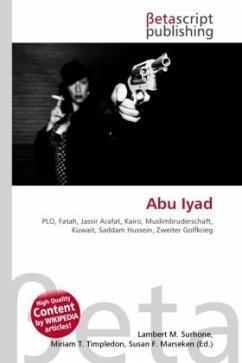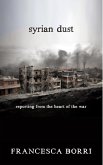While Syria has been dominated since the 1960s by a determinedly secular regime, the 2011 uprising has raised many questions about the role of Islam in the country's politics. This book demonstrates that with the eradication of the Muslim Brothers after the failed insurrection of 1982, Sunni men of religion became the only voice of the Islamic trend in the country. Through educational programs, charitable foundations and their deft handling of tribal and merchant networks, they took advantage of popular disaffection with secular ideologies to increase their influence over society. In recent years, with the Islamic resurgence, the Alawi-dominated Ba'thist regime was compelled to bring the clergy into the political fold. This relationship was exposed in 2011 by the division of the Sunni clergy between regime supporters, bystanders and opponents. This book affords a new perspective on Syrian society as it stands at the crossroads of political and social fragmentation.
Hinweis: Dieser Artikel kann nur an eine deutsche Lieferadresse ausgeliefert werden.
Hinweis: Dieser Artikel kann nur an eine deutsche Lieferadresse ausgeliefert werden.
'Empirically rich and with penetrating analysis, Pierret's book provides an alternative history of modern Syrian politics, quite different from those focusing on the Ba'th regime. It challenges simplistic views about Syrian Islam and its relation to the state, showing the great complexity both of the Islamic sphere in the country and of the relations by which both the Ba'th regime and the variegated ulama and Islamists have sought to use or oppose the other.' Raymond Hinnebusch, Centre for Syrian Studies, University of St Andrews

